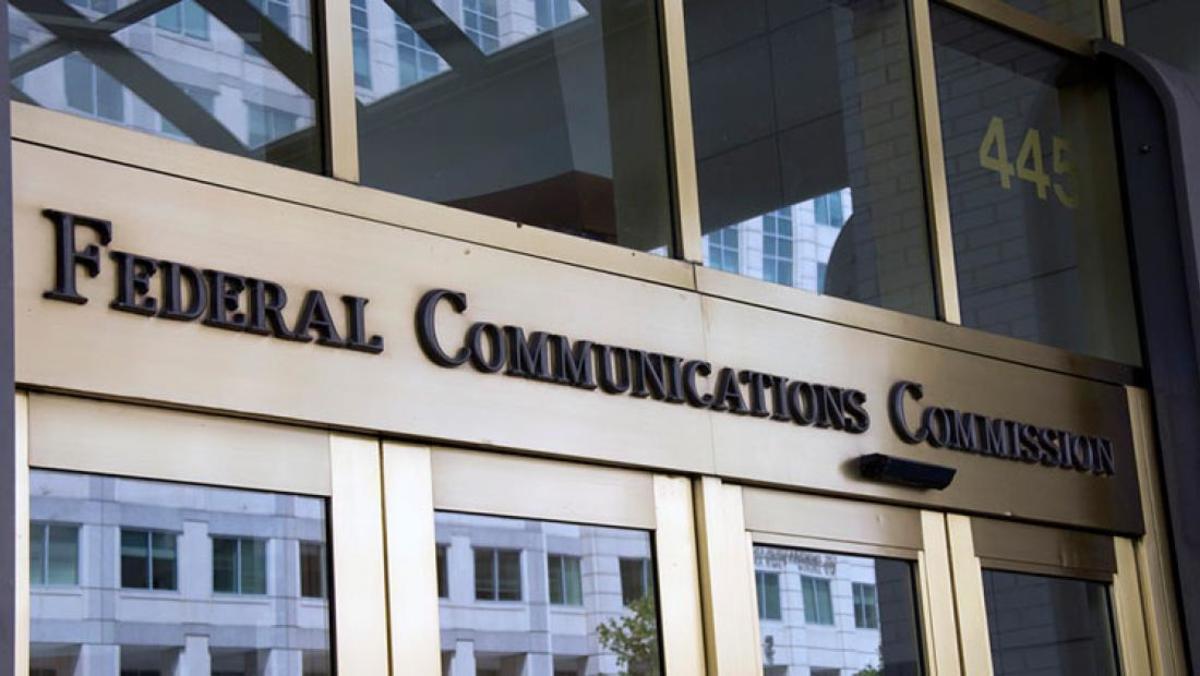FCC: Progress Has Been Made in Communications Accessibility

The smarter way to stay on top of the multichannel video marketplace. Sign up below.
You are now subscribed
Your newsletter sign-up was successful
The FCC is seeking input on its tentative findings, for a biennial report to Congress on the accessibility and usability of telecommunications and communications services, that progress is being made, but that there have been "gaps" and "failures" when it comes to smart device accessibility.
Related: FCC Proposes Expanding Described Video
The report is mandated by the Twenty-First Century Communications and Video Accessibility Act of 2010 (CVAA). The tentative findings are based on comments it solicited back in March.
The FCC's tentative findings are that accessibility and usability have improved since the last report and that industry as made a "continued effort" to include people with disabilities in the design and development of their products and services."
Related: FCC Tells Hill Video Description Shows 'Significant Progress'
But it also finds that while there has been progress in ensuring access to smart devices, there are "continued gaps in the accessibility of feature phones to people who are blind, and a failure by some providers to make their apps accessible to screen readers."
The pandemic has put a magnifying glass on those gaps and failures.
The smarter way to stay on top of the multichannel video marketplace. Sign up below.
"We note that 62 feature phones were identified in the comments, but the record does not show that any feature phone is accessible to people who are blind," the FCC said. "We also tentatively find that some apps developed by covered entities were not readable by screen readers that would have made their telecommunications and advanced communications services accessible to people who are blind or visually impaired."
As to new tech like 5G and the internet of things (IoT), the FCC tentatively concluded that "although new communications and other technologies hold the promise of improving the quality of life for consumers with disabilities, some accessibility concerns about these new technologies remain."
Two areas that need work, some commenters have said, are "video games as well as virtual and augmented reality services," which they said need to be made accessible to the deaf and hard of hearing.
Contributing editor John Eggerton has been an editor and/or writer on media regulation, legislation and policy for over four decades, including covering the FCC, FTC, Congress, the major media trade associations, and the federal courts. In addition to Multichannel News and Broadcasting + Cable, his work has appeared in Radio World, TV Technology, TV Fax, This Week in Consumer Electronics, Variety and the Encyclopedia Britannica.

